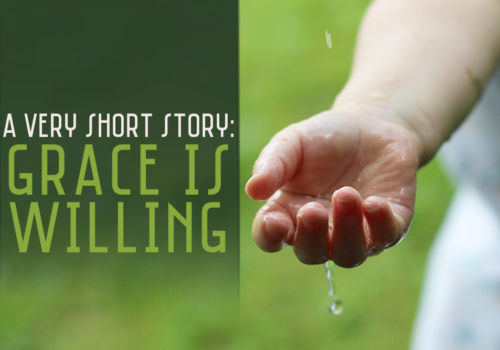With David’s willing admission throughout Psalm 18 where he states the Lord is his everything, it is no wonder that he concludes his song (vv. 46-50) with a hymn of praise.
Notice especially the three times David speaks of deliverance as all three are different words in the Hebrew with slightly different definitions:
1. “He delivereth me from mine enemies “(Psalm 18:48)—palat; to slip out, that is, escape; causatively to deliver;
2. “Thou hast delivered me from the violent man” (Psalm 18:48)—natsal; to snatch away, whether in a good or a bad sense;
3. “Great deliverance he has given to his king” (Psalm 18:50)—yshuah; something saved, that is, (abstractly) deliverance; hence aid, victory, prosperity.
Whether David’s deliverance was explicit or implicit; that is, whether he was obviously “snatched” away or he quietly “slipped” out, his deliverances were “great” and God was worthy to be praised.
J. Vernon McGee writes:
“God extends His mercy to us today. This marvelous psalm closes on a note of praise to God. Oh, that there might be praise in your mouth and mine, in your life and mine, in your heart and mine, toward our God! Praise to God. ‘O give thanks unto the LORD, for he is good: for his mercy endureth for ever. Let the redeemed of the Lord say so’ (Psalm 107:1, 2). If the redeemed do not say the Lord is good, nobody else in the world will. The redeemed ought to say so. We need some ‘say-so’ Christians.”
The Apostle Paul quoted from this text to the Romans (see Romans 15:9). In fact, his quote was the first of four from the Old Testament that the Gentiles were to praise God. Let’s not disappoint the apostle today; let’s give God praise!



